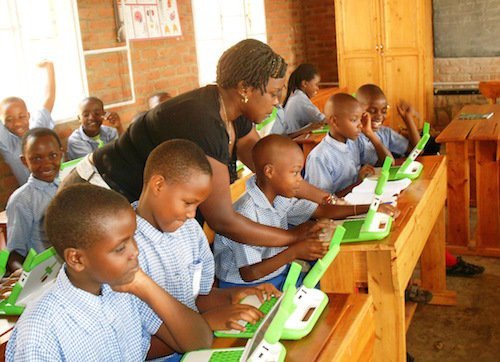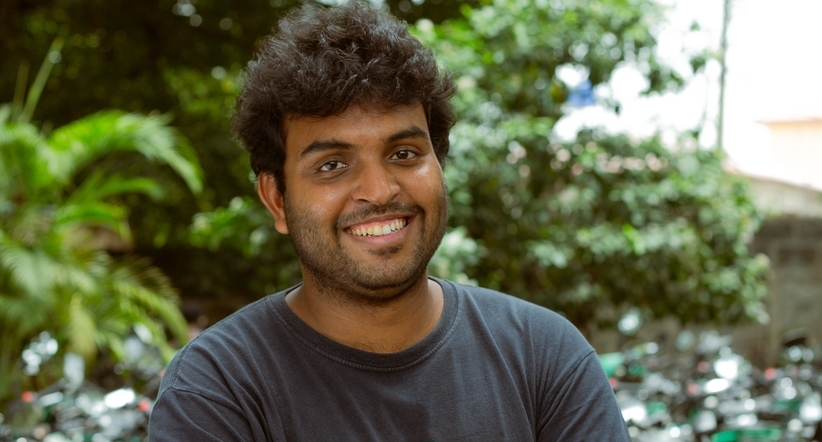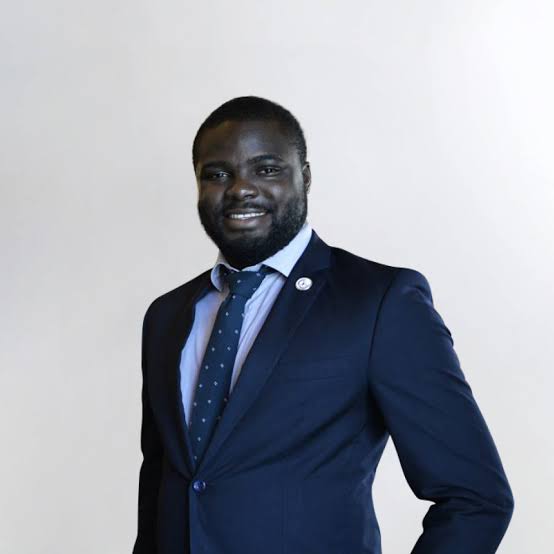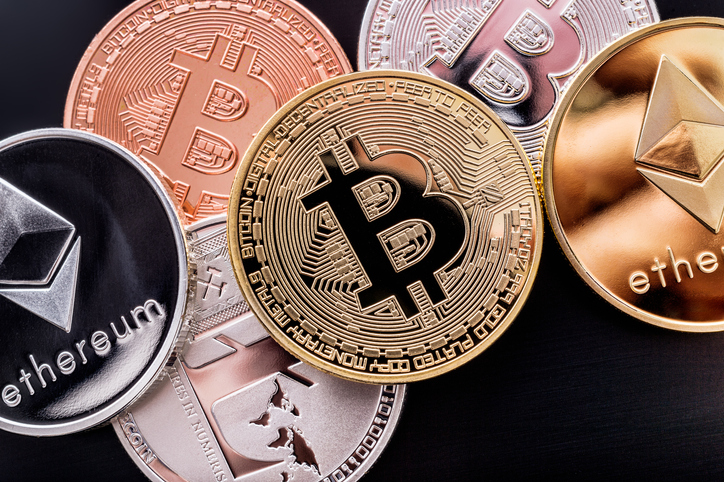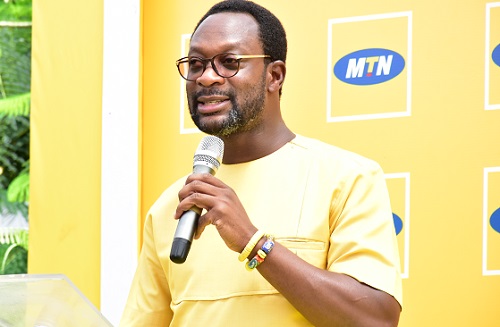Global Digital Quality of Life Index: Nigeria Ranks 82nd
The outcomes from the third annual edition of Digital Quality of Life Index (DQL) has been released and the pointers show that Nigeria got a very poor ranking finishing 82nd out of 110 countries. According to the report, “Nigeria has one of the slowest broadband connection speeds globally (13.45 Mbps), ranking 105th, and slightly faster mobile internet (17.91 Mbps), ranking 96th. However, the country’s broadband speed growth is one of the fastest on the planet, ranking 16th.”

Covering 90 per cent of the global population, the DQL study is conducted by the cybersecurity company Surfshark and evaluates countries based on a set of five fundamental digital wellbeing pillars. Nigeria lags with internet affordability (ranks 107th), e-government (95th), and e-infrastructure (90th), but shows similar to the global average results in internet quality (56th) and e-security (46th). According to the index, Nigeria’s digital quality of life remains similar to last year’s.
Read also:Revolutionalising Legal Practice With Technology
Despite the slight fall in the leaderboard, the country comes first in Western Africa and shows slightly better results in some pillars than the global average.
Its e-security is among the TOP 50 worldwide, surpassing Africa’s DQL leader South Africa. Nigeria ranks 56th in the internet quality index due to low internet speeds.
It has one of the slowest broadband connection speeds globally (13.45 Mbps), ranking 105th, and slightly faster mobile internet (17.91 Mbps), and ranking 96th.
However, the country’s broadband speed growth is one of the fastest on the planet, ranking 16th.
Read also:Twitter Has Launched Bitcoin Tipping Feature
The study shows that Nigeria’s internet affordability is 90 per cent, worse than the global average.
The study also shows ŕthat “People in Nigeria have to work the most time in the world – more than 35 hours – to afford the cheapest broadband internet. The country’s e-government also does not make it to the TOP 90th, falling behind Senegal, Morocco, and Tanzania.”
According to Vytautas Kaziukonis, CEO of Surfshark, “Digital opportunities have proved to be more important than ever during the COVID-19 crisis, stressing the importance for every country to ensure fully remote operational capacities for their economies.
“That is why, for the third year in a row, we continue the Digital Quality of Life research, which provides a robust global outlook into how countries excel digitally. The index sets the basis for meaningful discussions about how digital advancement impacts a country’s prosperity and where improvements can be made.
In an all-around picture, six out of 10 countries holding the highest scores are located in Europe, following last year’s trend.
Denmark ranks 1st in DQL for the second year in a row and is closely followed by South Korea. Finland ranks third, while Israel and the US round out the top five of 110 nations that were evaluated.
The bottom five countries are Ethiopia, Cambodia, Cameroon, Guatemala, and Angola. Regionally, the US stands out as a country with the highest digital quality of life in the Americas, while South Korea takes the leading position in Asia.
Read also:Truecaller Crosses 500 Customer Milestone for its Business Offering
Among countries in Africa, people in South Africa enjoy the highest quality of their digital lives whereas Australia leads in Oceania, outperforming New Zealand in various digital areas.
Kelechi Deca

Kelechi Deca has over two decades of media experience, he has traveled to over 77 countries reporting on multilateral development institutions, international business, trade, travels, culture, and diplomacy. He is also a petrol head with in-depth knowledge of automobiles and the auto industry


